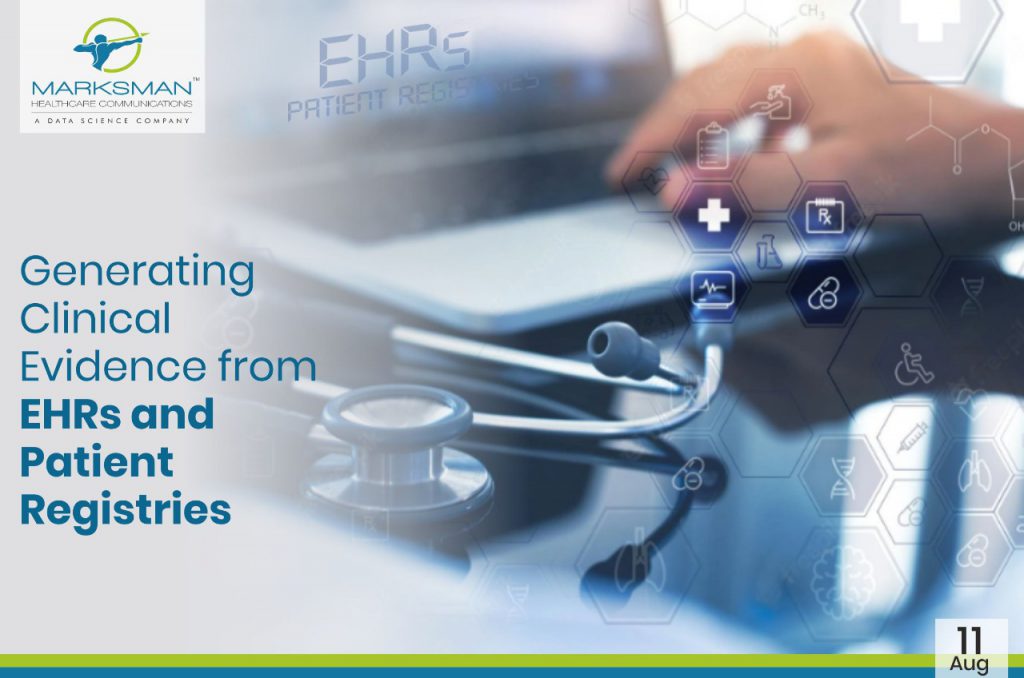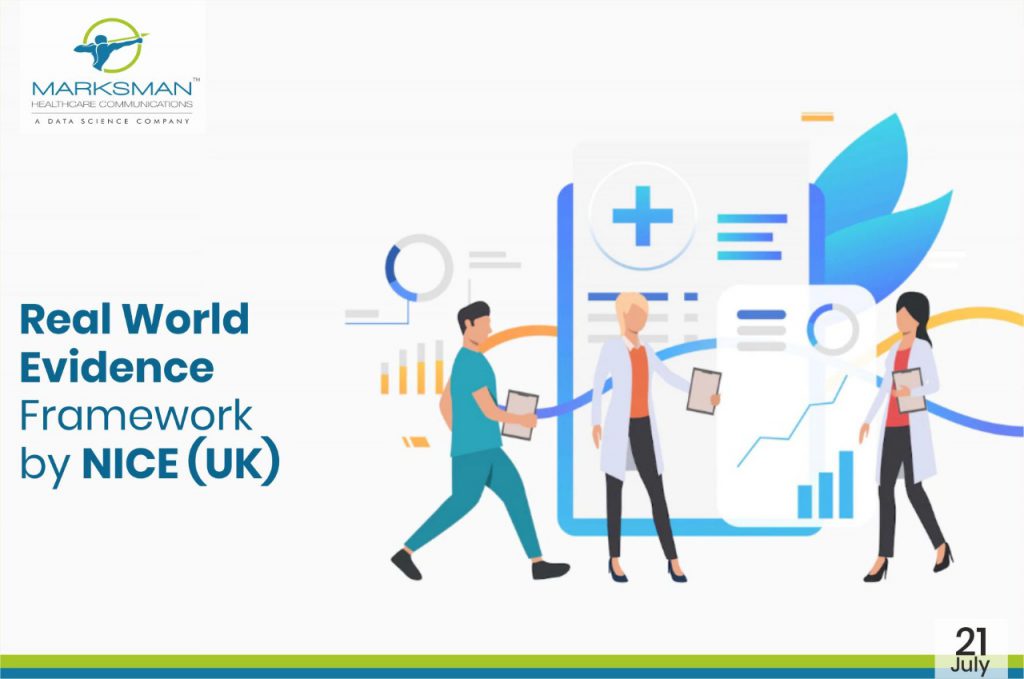- Bulls Stadium, California
- 666-888-0000
- info@example.com
Category: Real World Evidence
-
Marksman Healthcare > Blog > Real World Evidence

06Jul
Challenges in the Use of Real-World Evidence for Pharmacoeconomic Modeling
Pharmacoeconomic modeling is vital for healthcare decision-making, enabling stakeholders to evaluate the value and cost-effectiveness of pharmaceutical interventions. These models offer insights into clinical and economic outcomes, aiding policymakers, providers, […]

16Jun
External Control Arms (ECA): Optimizing Submissions to HTA Agencies
In the realm of pharmaceutical development, the pursuit of safe and effective treatments is paramount. To achieve this, rigorous clinical trials are conducted to evaluate the efficacy and safety of […]

11Aug
Generating Clinical Evidence From Electronic Health Records and Patient Registries
Both electronic health records (EHRs) and patient registries store and use patient-related clinical information. However, they are conceptualized for different purposes. Both are a significant source of real-world evidence (RWE) […]

25Jul
Comparative Effectiveness in Real-World Settings through Pragmatic Clinical Trials
Randomized controlled trials (RCTs) are the mainstay of clinical research; it is estimated that about 18,000 RCTs are published each year. However, traditional RCTs usually take a long time to […]

21Jul
RWE Framework by NICE (UK) for Optimizing RWD Collection and RWE Generation
Evidence from randomized clinical trials (RCTs) continues to be the standard reference point for treatment efficacy across the world. However, RCTs enrol patients based on strict inclusion and exclusion criteria, […]

27Jun
The Expanding Role of Real-World Evidence in Evaluation of Medical Devices
Concerns about the consistency of the post-marketing surveillance (PMS) for safety of medical devices is well known across the world. Only around 13% of post-marketing surveillance (PMS) clinical studies are […]

31May
Tokenization in Real World Evidence Studies: the Concept and its Advantages
With all stakeholders increasingly realising the value real-world evidence (RWE) studies can bring into the healthcare delivery, newer applications of RWE are being discovered with each passing day. RWE has […]

28May
Federated Data Networks (FDNs): Enhancing the Quality of RWE Research
Real-World Data (RWD), from which Real-World Evidence (RWE) is generated, has the unique capability of depicting real-world outcomes. RWD can also reduce timelines for research and development, and generate profound […]

25May
How to Improve Transparency with Real World Data to Support Market Access?
The USFDA defines real-world data (RWD) as ‘the data relating to patient health status and/or the healthcare delivery that is routinely collected from a variety of sources’, and real-world evidence […]

